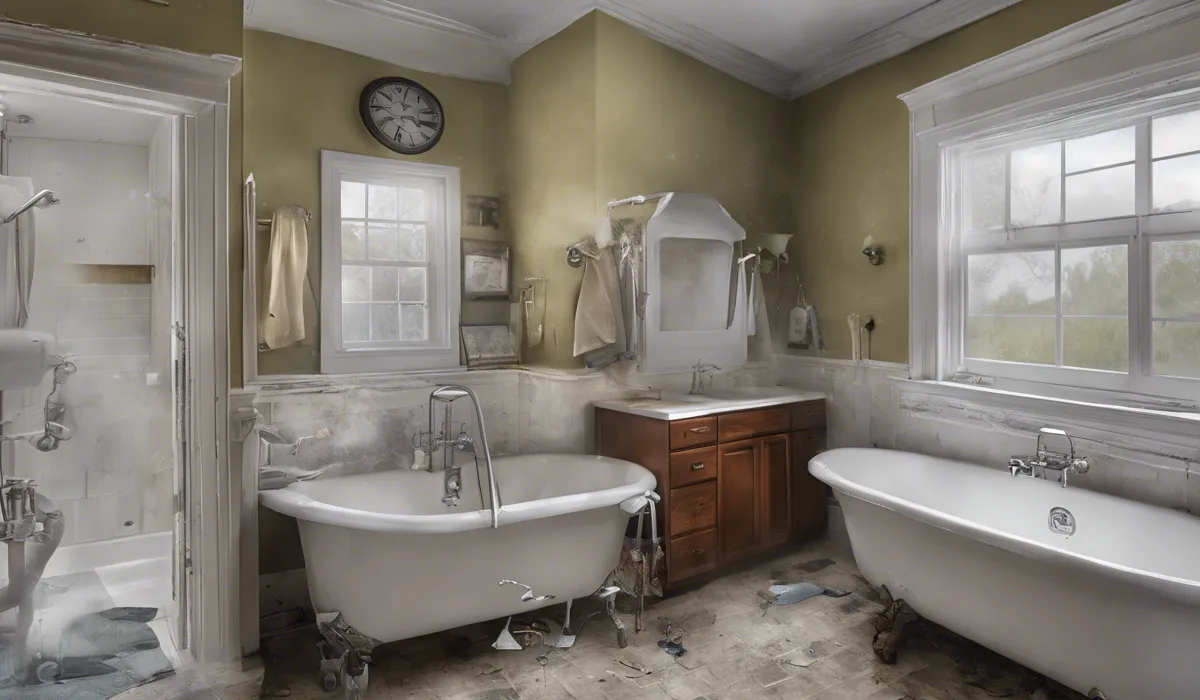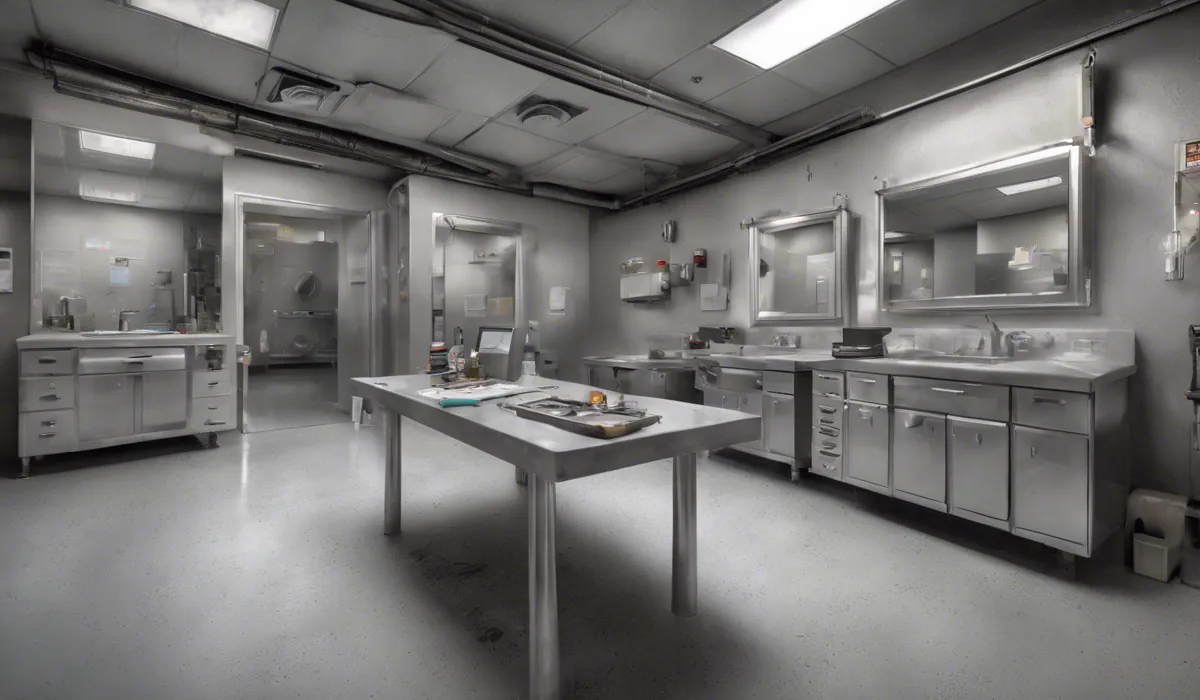Requirements for mold inspectors vary by region. In some places, licensing is mandatory, ensuring they meet specific standards and training. Prospective clients should check local regulations to confirm if a license is required for mold inspectors in their area.
Licensing Requirements for Mold Inspectors by State

Variation of Licensing Requirements
Across the United States, the licensing requirements for mold inspectors are not universal.
Some states have stringent regulations that mold inspectors must adhere to, while others may not regulate the profession as closely.
This means that the qualifications, the level of training required, and the legal obligations can vary significantly from one state to another.
States with Licensing Requirements
In certain states, individuals who wish to perform mold inspections must obtain a specific license.
This typically involves completing a certain number of hours of training, passing an exam, and maintaining ongoing education to keep their knowledge up to date.
The states that require specific licensing may also mandate insurance coverage and adherence to specific procedures during inspections.
States with No Specific License
Other states allow individuals to conduct mold inspections without a state-issued mold inspector license.
However, mold inspectors in these states are often still expected to possess a certain level of expertise and may choose to obtain certification from professional bodies to demonstrate their qualifications and commitment to industry standards.
Federal Licensing Requirements
At the federal level, there is no overarching license required for mold inspectors. Instead, regulations and requirements are largely left to the discretion of individual states.
This decentralization emphasizes the importance of understanding your state’s specific requirements and regulations regarding mold inspection services.
Importance of Professional Certification for Mold Inspectors

Role of Certification Bodies
Professional certification bodies play a critical role in the mold inspection industry by setting standards and providing credentials that reflect a professional’s expertise and commitment to quality service.
Certifications from these bodies are often recognized across state lines and can supplement or enhance state licensing where required.
Benefits of Hiring a Certified Mold Inspector
When hiring a certified mold inspector, clients can be assured of the inspector’s training and adherence to industry standards.
Certified inspectors are likely to conduct thorough and accurate assessments, making use of the latest techniques and understanding in mold detection, which can be crucial for the health and safety of the building occupants.
Certification and Liability Concerns
Insurance and liability are key concerns in the mold inspection industry. Having a certified mold inspector can mitigate risks and potentially reduce liability.
Certification bodies often require their members to carry insurance, ensuring that both the inspector and the client have protection in the event of an error or oversight.
Credibility and Trustworthiness
The credibility and trustworthiness of a mold inspector can be significantly enhanced by professional certifications.
Clients can trust that a certified inspector has been vetted by a reputable organization and has met certain standards of competency and professionalism in their field.
How to Verify a Mold Inspector’s Credentials?

Checking License Status
To verify a mold inspector’s license status, clients can check with their state’s regulatory body, which may have an online database or contact number to confirm the inspector’s licensure.
This step is important to ensure that the inspector is currently authorized to conduct mold inspections in your state.
Key Certifications to Look For
When examining a mold inspector’s qualifications, look for certifications from reputable organizations such as the American Council for Accredited Certification (ACAC) or the Institute of Inspection, Cleaning and Restoration Certification (IICRC).
These certifications indicate that the inspector has undergone rigorous training and examination.
Researching Reputation and Work History
Clients should research a mold inspector’s reputation and work history by reading reviews, asking for references, and considering their experience in the field.
A reputable inspector should be transparent about their qualifications and happy to provide evidence of their past work.
Finding Licensed or Certified Inspectors
To find licensed or certified mold inspectors in your area, you can use resources such as the websites of certification bodies, state regulatory agencies, or directories that list qualified professionals.
These resources can provide a starting point for finding an inspector who meets the necessary qualifications and standards.
FAQs About Mold Inspector Licensing
Do mold inspectors need to be licensed everywhere?
No, the requirement for mold inspectors to be licensed varies by region. Some places require licensing while others do not.
How can I find out if a mold inspector needs to be licensed in my area?
Prospective clients should check their local regulations or contact their local government to confirm if a license is required for mold inspectors in their region.
What does licensing ensure for mold inspectors?
Licensing typically ensures that mold inspectors meet specific standards, training, and professional qualifications required in that region.
Is it risky to hire an unlicensed mold inspector?
Hiring an unlicensed mold inspector might be risky as they may not have met the training and standards required by regions that mandate licensing.
Can a mold inspector operate without a license where it is mandatory?
No, in regions where licensing is mandatory, mold inspectors are not legally allowed to operate without the appropriate license.
Final Thoughts
Requirements for mold inspectors are not uniform and differ by region. Licensing may be compulsory in some areas, ensuring that inspectors comply with certain standards and training protocols.
To determine if a mold inspector must be licensed in their area, prospective clients are advised to review local regulations.
